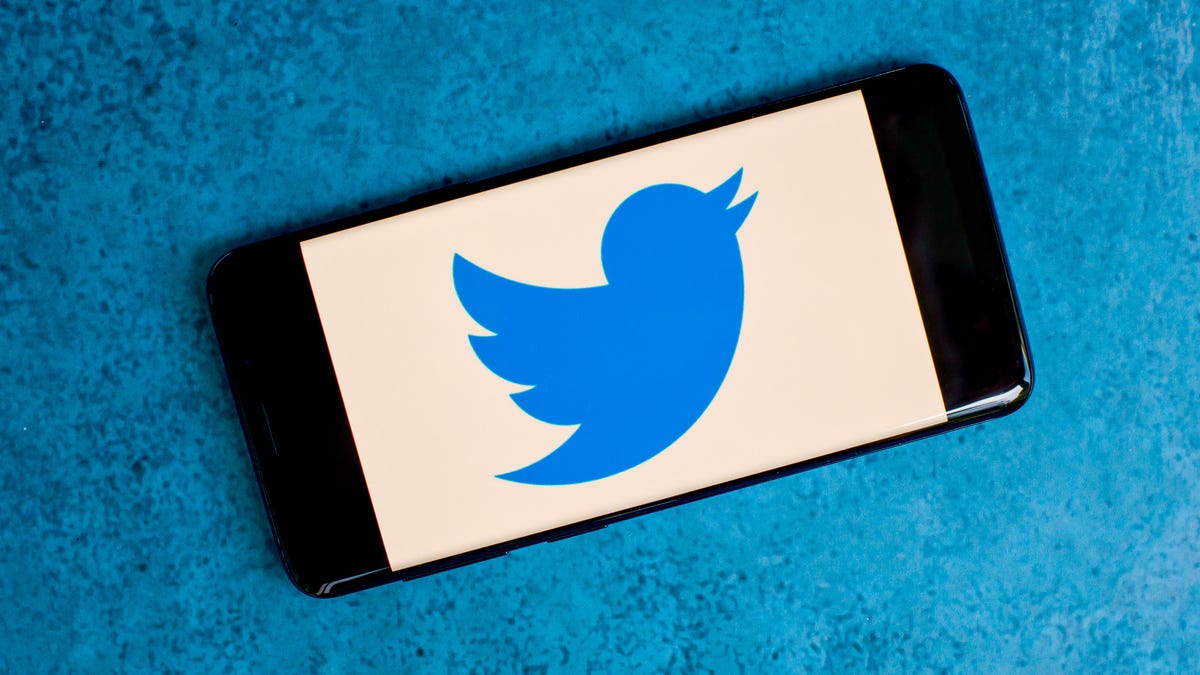Supreme Court dismisses suit over Trump blocking his critics on Twitter
The former president was permanently banned from Twitter earlier this year.

The Knight First Amendment Institute at Columbia University sued Donald Trump in 2017 on behalf of seven Twitter users.
The US Supreme Court on Monday tossed out a lawsuit over former President Donald Trump's Twitter account. The justices vacated a lower court opinion and dismissed the case as moot. The decision comes after the Justice Department dropped its request for the court to hear the case on the eve of President Joe Biden's inauguration in January.
Twitter permanently banned Trump's account in January, two weeks before he left office, after the social network said his tweets risked inciting further violence following the Jan. 6 insurrection at the US Capitol.
The Knight First Amendment Institute at Columbia University sued Trump in 2017 on behalf of seven Twitter users after Trump blocked them for criticizing him on the social network. The group argued that the practice violated the First Amendment. Lower courts agreed and ruled that a public official may not block people in response to the political views they have expressed.
In a 12-page opinion concurring with the court's dismissal, Justice Clarence Thomas noted the "legal difficulty that surrounds digital platforms -- namely, that applying old doctrines to new digital platforms is rarely straightforward."
The Knight First Amendment Institute at Columbia University said it's likely the case will influence how public officials use social media.
"This case was about a very simple principle that is foundational to our democracy: Public officials can't bar people from public forums simply because they disagree with them," Jameel Jaffer, executive director at the Knight Institute, said in a release. "While we would have liked the Supreme Court to leave the Second Circuit's ruling on the books, we're gratified that the appeals court's reasoning has already been adopted by other courts, and we're confident it will continue to shape the way that public officials use social media."
The Supreme Court on Monday also declined to hear a case brought by Freedom Watch and political commentator Laura Loomer against Twitter, Facebook, Google and Apple. The suit, which was rejected by a federal appeals court last year, accused the tech giants of conspiring to suppress conservative views.
Thomas highlighted this case as well in his opinion, saying "We will soon have no choice but to address how our legal doctrines apply to highly concentrated, privately owned information infrastructure such as digital platforms."

